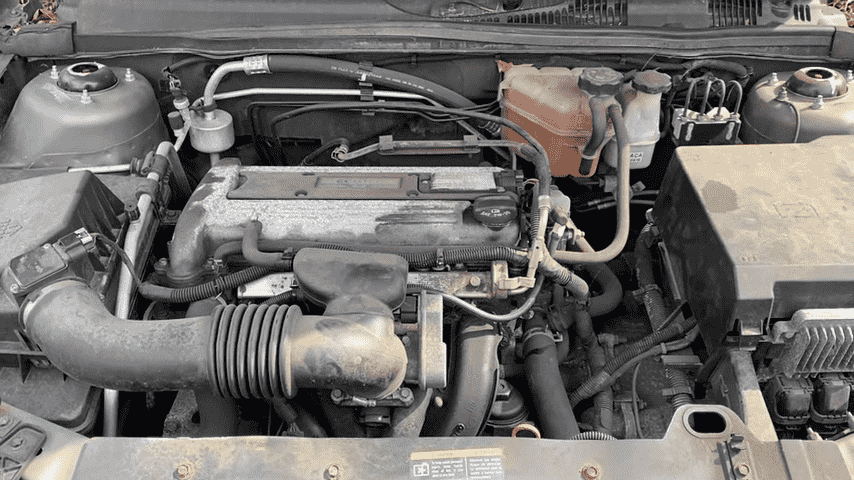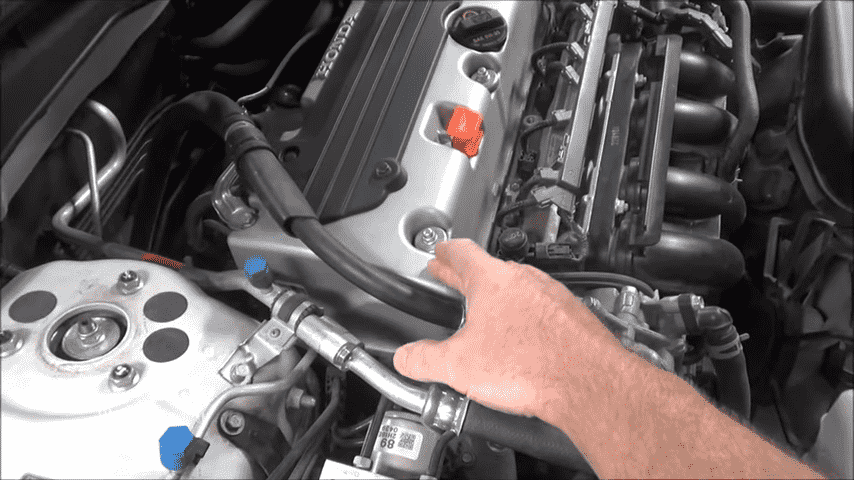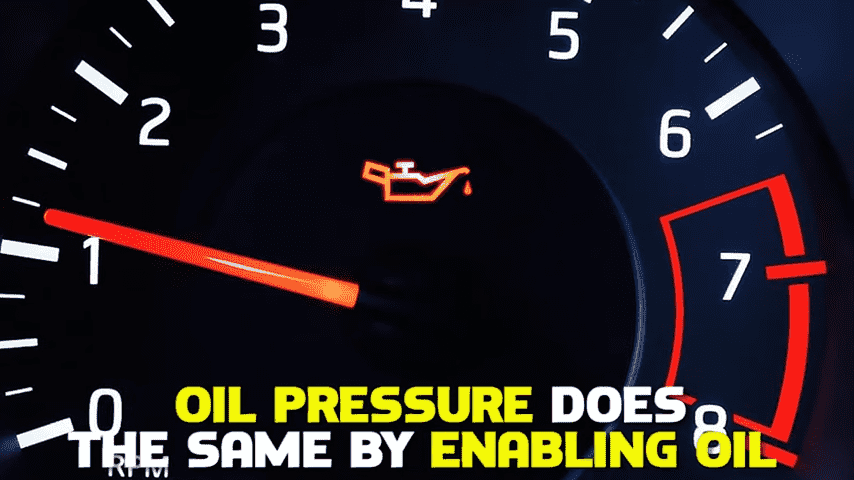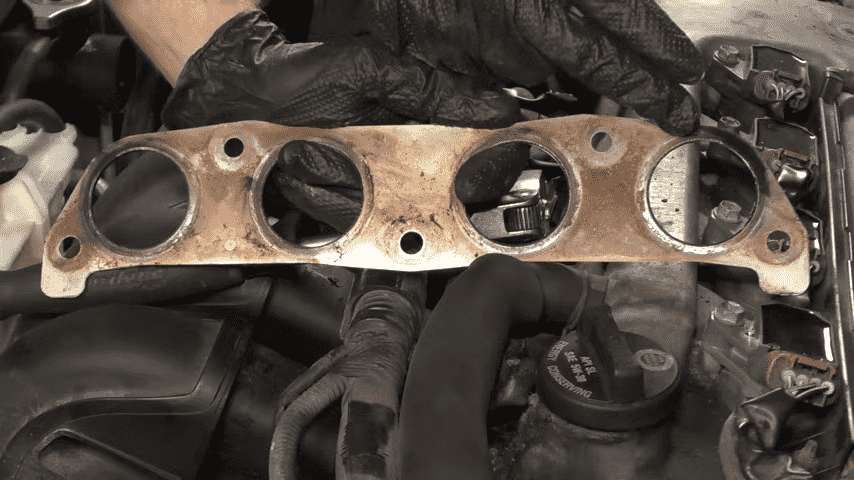Ticking in the engine is one of those issues that could be just an inconvenience and, at the same time, a severe problem. Failing to do so only leads to worsening the situation and high expenses to correct the situation. Therefore, if your engine has started ticking, it is high time that you take action. In this informative article focusing on the engine ticking issue, you will learn why your engine makes this sound and how to address it so your engine will operate optimally.
What is Engine Ticking?

Engine ticking is a specific sound from your engine, clicking or tapping. It can be constant or pulsating, increasing during idle or acceleration.
Common Symptoms
- A regular knocking or percussion sound from the car engine
- With the increase in the engine speed, loudness also increases.
- Occasionally, this condition is associated with reduced engine performance.
When to Be Concerned
As the name suggests, not every tick heard on the engine alerts the others. However, further examination is needed to determine if this noise is constant, loud, or accompanied by performance issues.
Common Causes of Engine Ticking

Low Oil Pressure
Low oil pressure is one of the most frequent causes of the ticking noise coming from the engine. Fluid films are provided by oil, and some of the parts begin to rattle when the pressure is low.
Worn-out Lifters
Lifters can wear out a lot if the oil is not changed from time to time. Lifters that have worn out may produce a ticking noise that will be audible.
Exhaust Manifold Leak
An exhaust manifold leak can also cause a ticking sound to be produced by your car’s engine. This is realized when the gasket that seals the manifold to the engine block is broken in such a way that it lets exhaust gases escape.
Injector Noise
Topics that are usually associated with a ticking sound include the fuel injectors because this part can also make the said sound in case of a problem such as dirt. This noise is usually less serious, although it can impact the condition of the engine if not remedied.
Diagnosing Engine Ticking
Preliminary Checks
First, see what kind of oil you are using and if the amount of oil is sufficient. Another issue that often is to blame is low or dirty oil.
Listening Techniques
A mechanic stethoscope or actual long screwdriver can be used to identify the source of the sound.
Using Diagnostic Tools
Another way that you can diagnose the ticking noise is by using OBD-II scanners and other related gadgets.
Fixing Low Oil Pressure Issues

Checking Oil Levels
Check that your oil level is right. If it is low, add more of the recommended oil type for your car, ideally an API-listed oil.
Changing the Oil
If the oil is old or very dirty, then it is recommended that it be changed. Ensuring that you have the right viscosity oil is critical to ensure the oil pressure is excellent.
Replacing the Oil Pump
If topping up and changing the oil do not make a difference, then one can conclude that the pump is the problem and should be replaced.
Addressing Worn-out Lifters
Identifying Worn Lifters
A constant tapping sound, accompanied by a difference in sound between cold and hot engines, as well as a tap manifestation in specific areas, suggests worn lifters.
Adding Oil Additives
It is generally possible to minimize lifter noise by improving the lubricating action of oil additives that can be added to the engine.
Replacing the Lifters
Sometimes, the lifters may become severely deteriorated, and consequently, they may be required to be substituted. This is a slightly more complicated fix, and you may need to enlist the help of a qualified person.
Repairing Exhaust Manifold Leaks

Detecting Leaks
Exhaust leaks can usually be heard by a ticking noise close to the manifold or using a smoke test.
Tightening Manifold Bolts
Sometimes, the problem can be addressed by just tightening the bolts that secure the manifold into place.
Replacing the Manifold Gasket
If tightening does not solve the problem, then the gasket may be defective and have to be replaced. This involves the act of removing the manifold, which could probably be done by a professional.
Handling Injector Noise
Identifying Injector Noise
Injector noise usually is quite a faint ticking and that is enough of a difference to distinguish it from other noises by using a mechanic’s stethoscope.
Cleaning the Fuel Injectors
There are fuel injector cleaners that can be added to the fuel, which may help with cleaning dirty injectors that otherwise operate noisily and with poor fuels.
Replacing Faulty Injectors
If the abovementioned methods do not solve the problem, you might be required to change the injectors. This can be managed from the comfort of one’s home, provided one has the right tools and information on how to do it.
Preventative Maintenance Tips
Regular Oil Changes
Some of them include substituting your oil at regular intervals to avoid stress on parts of the engine. However, it is advisable to go for the manufacturer’s advised time since they take into account all the factors liable to affect their functioning.
Using High-Quality Oil
It is always important to use high-quality oil and its right viscosity for the vehicle’s engine. This ensures optimal lubrication.
Regular Engine Check-ups
It is recommended that your engine is checked periodically by a mechanic to identify developing problems on time.
Who Needs Professional Help
Persistent Ticking Noises
If the ticking noise does not disappear, or if it becomes worse in cold weather, it is best to take your car for an expert diagnosis from a mechanic.
Complex Engine Issues
Certain issues that may affect an engine are such that they cannot be repaired in the comfort of one’s home. These are some of the questions that a professional can identify and sort out in the right manner.
Cost vs. DIY Repairs
How about comparing the costs of an attempt to repair the item by an individual to that of a professional person being hired to repair the item? Hiring a professional could prove to be a profitable move as it reduces the time taken to do the work and also ensures that the money that could be used is used properly.
Conclusion
A tickling sound from an engine can be trailed by a simple issue such as oil or even a complicated mechanical defect. The issue has to be prevented or solved at an early stage to avoid major expenses in the future. That is why it is necessary to have maintenance procedures, use high-quality oil, and pay attention to changes in engine sound.
FAQs
What causes the engine to tick?
Engine ticking can be caused by low oil pressure, worn-out lifters, exhaust manifold leaks, or injector noise. Each requires a different approach to fix.
How can I tell if my lifters are worn out?
Worn lifters often cause a consistent ticking noise, especially when the engine is cold. If the noise persists after the engine warms up, it’s a sign that the lifters may need to be replaced.
Is it safe to drive with the engine ticking?
It depends on the cause of the ticking. If it’s due to low oil pressure or worn-out lifters, driving with the noise can cause further damage. It’s best to diagnose and fix the issue as soon as possible.
Can I fix the engine ticking myself?
Some causes of engine ticking, like low oil levels or dirty injectors, can be fixed at home. However, more complex issues, like worn lifters or exhaust manifold leaks, might require professional help.
How much does it cost to repair engine ticking?
The cost of repairing engine ticking varies depending on the cause. Simple fixes like oil changes or adding additives are inexpensive, while more complex repairs, like replacing lifters or injectors, can be more costly. It’s best to get a quote from a professional for an accurate estimate.

